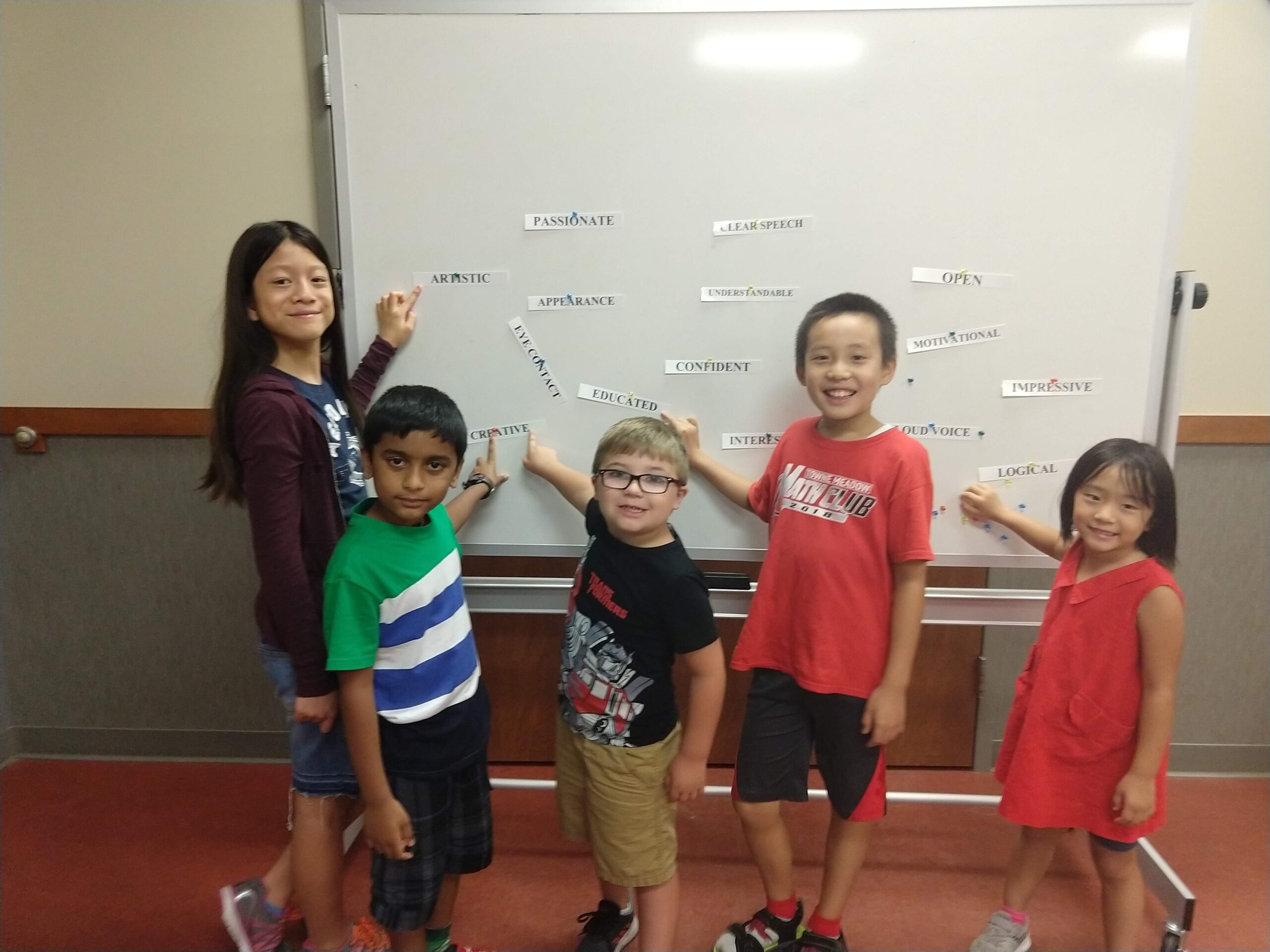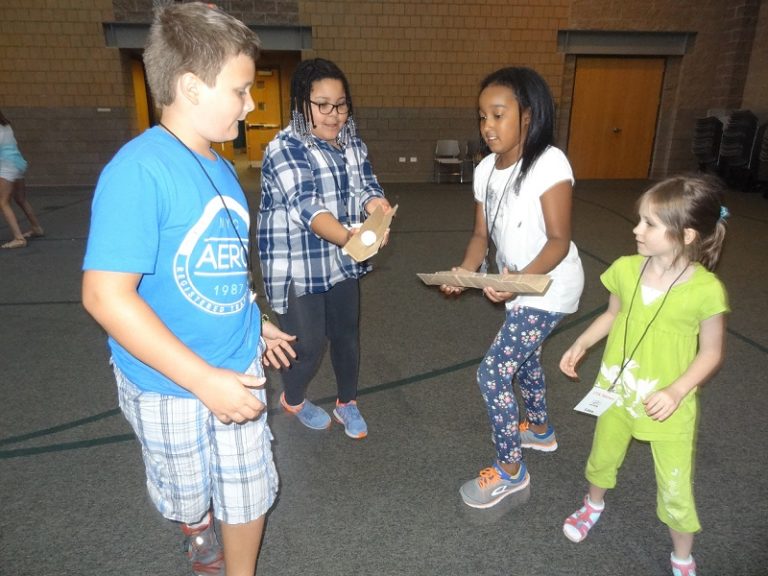Emotional intelligence (EQ) is made of self-awareness, empathy, social skills, self-regulation, and intrinsic motivation. Research shows that kids with high emotional intelligence tend to be more engaged in school, have better relationships, and earn higher grades. Emotional intelligence is a skill that can be taught to children, starting when they’re as young as toddlers. Parents can help their kids cultivate these EQ skills by encouraging the following habits:
USE THEIR VOCABULARY TO IDENTIFY THEIR EMOTIONS
- High EQ children are good at labeling their emotions beyond just “good” and “bad.”
- Use descriptive sentences, e.g., ‘I feel sad I cannot play with my friends,’ or ‘I am really mad at my teacher.’
RECOGNIZE EMOTIONS IN OTHERS, TOO
- Sense how other people are feeling, often by picking up on nonverbal cues
- Describe what they see, e.g., ‘She is smiling — I bet she’s happy,’ or ‘He’s crying, maybe I should help.’
SEE THINGS FROM OTHER PEOPLE’S POINTS OF VIEW
- Step into another person’s shoes, see the world from a different perspective
- Doing so creates more empathy and less judgement
BE QUICK TO HELP OTHERS
- Be more considerate of others; look for ways to help
- Focus more on the “we” than the “me”
THEY USE TOOLS TO MANAGE THEIR EMOTIONS
- Regulate feelings so they don’t spiral out of control
- Use tools of positive emotional health, e.g., taking deep breaths or walking away when agitated
THEY’RE COMFORTABLE SAYING ‘NO’ TO THEIR PEERS
- Learn how to set and enforce personal boundaries
- Speak up, be assertive, respect others and express wishes in a firm but kind way
THEY PRACTICE GRATITUDE
- Express gratitude for what they have
- Be specific about what they are thankful for and why.
Source: Kelsey Borresen, Huffpost Life (July 8, 2020)




